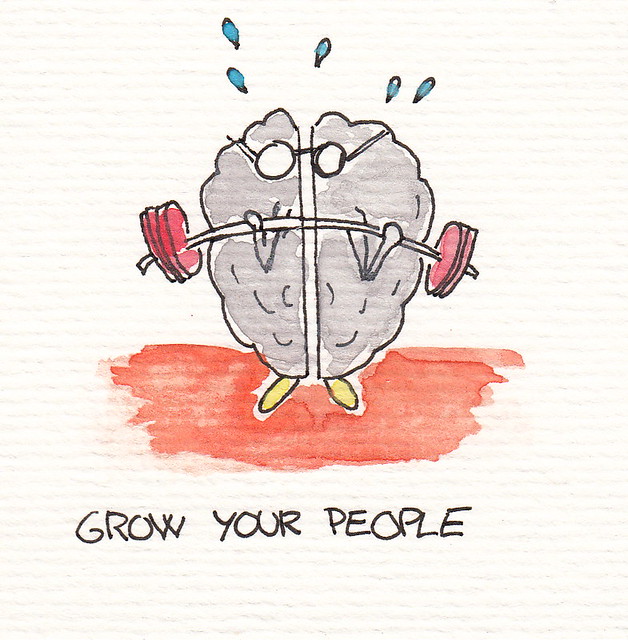Deliberate practice has to include 5 key elements. The blue text is quoted from the book referenced below.
The notion of deliberate practice, first introduced by K. Anders Ericsson in a 1993 Psychological Review article, went far beyond the simple idea of hard work. The key is continual improvement.
'Deliberate practice is a very special form of activity that differs from mere experience and mindless drill,' explains Ericsson. 'Unlike playful engagement with peers, deliberate practice is not inherently enjoyable. It [...] does not involve a mere execution or repetition of already attained skills, but repeated attempts to reach beyond one's current level which is associated with frequent failures.'
[...] For those on their way to greatness, several themes regarding practice consistently come to light:
1. Practice changes your body. Researchers have recorded a constellation of physical changes (occurring in direct response to practice) in the muscles, nerves, hearts, lungs, and brains of those showing profound increases in skill level in any domain.
2. Skills are specific. Individuals becoming great at one particular skill do not serendipitously become great at other skills. Chess champions can remember hundreds of intricate chess positions in sequence but can have a perfectly ordinary memory for everything else. Physical and intellectual changes are ultraspecific responses to particular skill requirements.
3. The brain drives the brawn. Even among athletes, changes in the brain are arguably the most profound, with a vast increase in precise task knowledge, a shift from conscious analysis to intuitive thinking (saving time and energy), and elaborate self-monitoring mechanisms that allow for constant adjustments in real time.
4. Practice style is crucial. Ordinary practice, where your current skill level is simply being reinforced, is not enough to get better. It takes a special kind of practice to force your mind and body into the kind of change necessary to improve.
5. Short-term intensity cannot replace long-term commitment. Many crucial changes take place over long periods of time. Physiologically, it's impossible to become great overnight.
I love my daily delanceyplace.com newsletter, which guided me to this valuable book. Sign up today!
 |
The Genius in All of Us: New Insights into Genetics, Talent, and IQ
Disclosure: |






